The evolution of Igbo traditional attire is a fascinating journey that reflects the rich cultural heritage and history of the Igbo people. The role of traditional attire in Igbo society has undergone significant changes over time, reflecting both social dynamics and cultural shifts.
Historically, traditional attire was deeply connected to the community’s social structure, beliefs, and daily life. In pre-colonial times, clothing was often made from locally sourced materials, such as woven fabrics, animal skins, and plant fibers. Men typically wore a wrapper called “isi agu” (a patterned cloth) and a shirt, while women donned a “blouse” and a “wrapper” that was tied around the waist. Traditional attire was a vital expression of identity, status, and community belonging. It played a crucial role in ceremonies, rites of passage, and other cultural events, with specific garments symbolizing different roles within the society. For instance, the “isi agu” and “wrapper” were not just clothing but also represented the wearer’s social status and cultural heritage.
With the arrival of colonial influences in the 19th and 20th centuries, there was a significant shift in clothing styles. Western clothing became more prevalent, leading to a blend of traditional and modern styles. Today, you can see a mix of traditional attire with contemporary fashion, where elements like the “agbada” for men and “ịchafụ” (head tie) for women are often paired with modern clothing.
As colonial influences and globalization began to permeate Igbo society, traditional attire faced challenges from Western fashion. Many people started adopting Western styles, which led to a decline in the everyday use of traditional garments. However, traditional attire remained important during significant cultural events and celebrations, serving as a way to connect with heritage and community.
The evolution of Igbo attire has been influenced by various factors, including cultural exchange, globalization, and the creativity of contemporary fashion designers. Traditionally, Igbo attire was characterized by vibrant colors, intricate patterns, and the use of locally sourced fabrics. Over time, as Western styles and influences became more prevalent, many Igbo people began to incorporate elements of Western fashion into their traditional wear. Igbo traditional attire has evolved from purely functional clothing to a symbol of cultural pride and identity, showcasing the richness of Igbo heritage. While traditional attire’s everyday role may have diminished, its significance as a symbol of cultural pride and unity has strengthened in modern Igbo society.
In recent years, there has been a resurgence of interest in traditional attire, especially during cultural festivals, weddings, important ceremonies and also among younger generations. This resurgence has seen traditional garments being reinterpreted and modernized, allowing them to coexist with contemporary fashion. Today, traditional attire is often worn with pride during cultural festivals, weddings, and other important occasions, symbolizing a renewed appreciation for Igbo heritage and identity.
Designers are now incorporating traditional motifs and fabrics into modern designs, celebrating Igbo identity while appealing to younger generations. They creatively blend modern aesthetics with cultural heritage. This fusion has resulted in innovative designs that appeal to younger generations while preserving the essence of Igbo culture.
There are notable fashion designers who have contributed to the evolution of Igbo attire and a few of them include:
UGO MONYE:
Ugo’s designs are truly remarkable. He skillfully blends Igbo cultural heritage with modern aesthetics, creating unique outfits that showcase the beauty of Igbo culture in a sophisticated manner. His work often highlights traditional patterns and fabrics while incorporating contemporary styles, making his pieces both elegant and culturally significant.
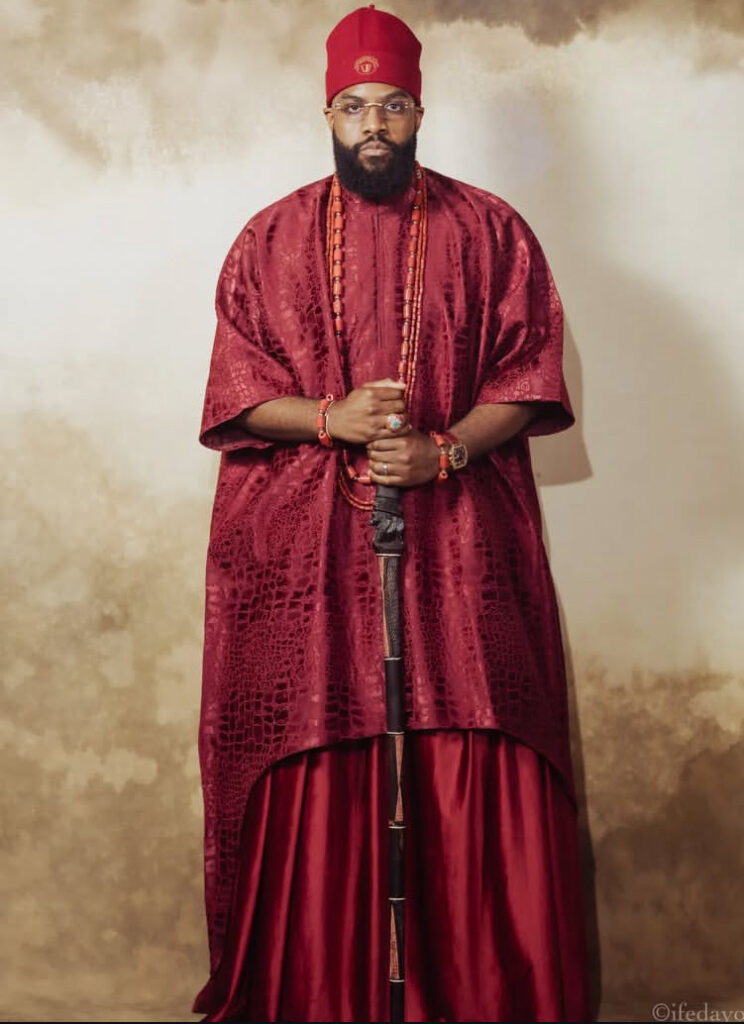
Ugo Monye’s groom
Moreover, he also explores other cultures in his designs, blending traditional elements with modern styles to make his designs unique. He has a talent for mixing colors, patterns, and styles that beautifully represent different this cultures. This fusion creates stunning pieces that celebrate the richness of Nigerian fashion as a whole.
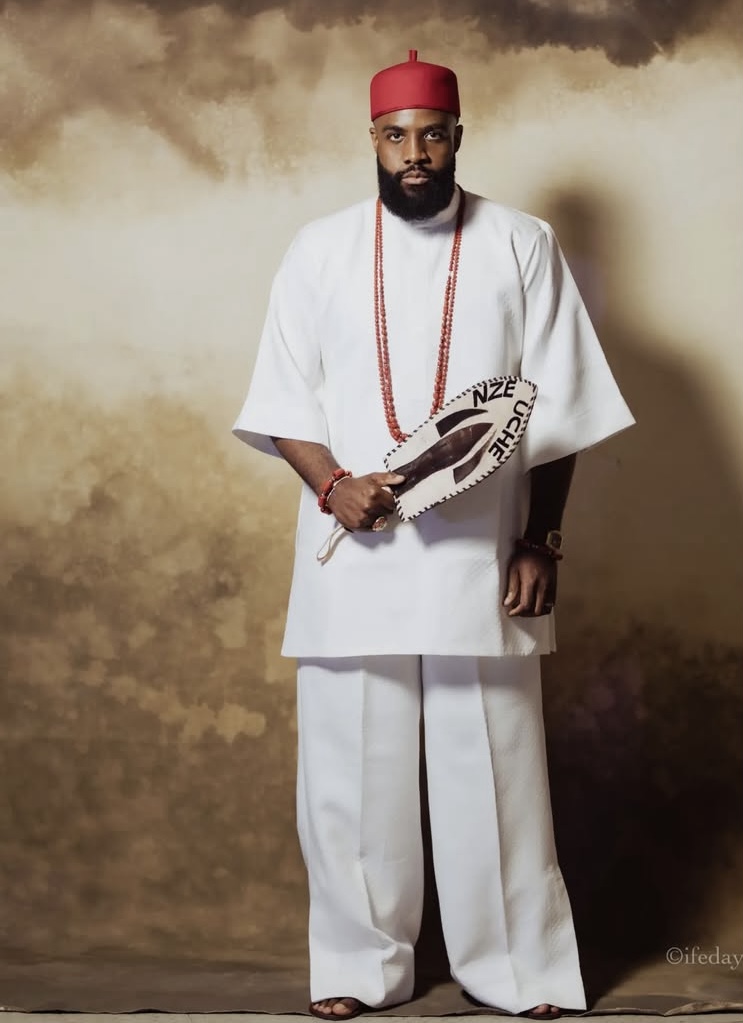
In a post, Ugo Monye had written, “we’re not changing the culture, we’re only redefining it.”
NKWO ONWUKA
Nkwo Onwuka is an Igbo fashion designer known for creating unique and contemporary pieces that capture the essence of Igbo culture. Nkwo focuses on sustainability and ethical fashion, using local materials and artisans to bring her visions to life. Nkwo celebrates the rich heritage of Igbo culture while also appealing to modern fashion lovers.
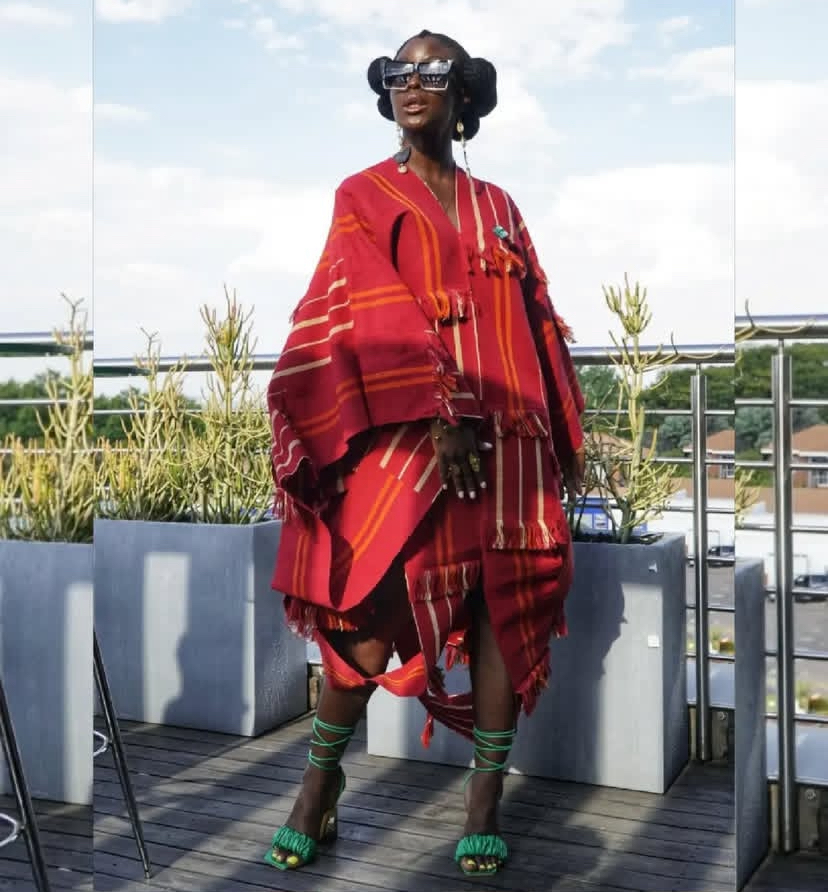
Nkwo festive agbada
Nkwo Onwuka uses denim in her designs to create a modern twist on traditional styles. He combines denim with Igbo-inspired patterns and cuts, giving a fresh look to classic pieces. This approach not only makes her designs versatile but also appeals to younger generations looking for stylish and comfortable outfits. By using denim, Nkwo showcases how traditional African fashion can blend with contemporary trends, creating something unique and relevant.
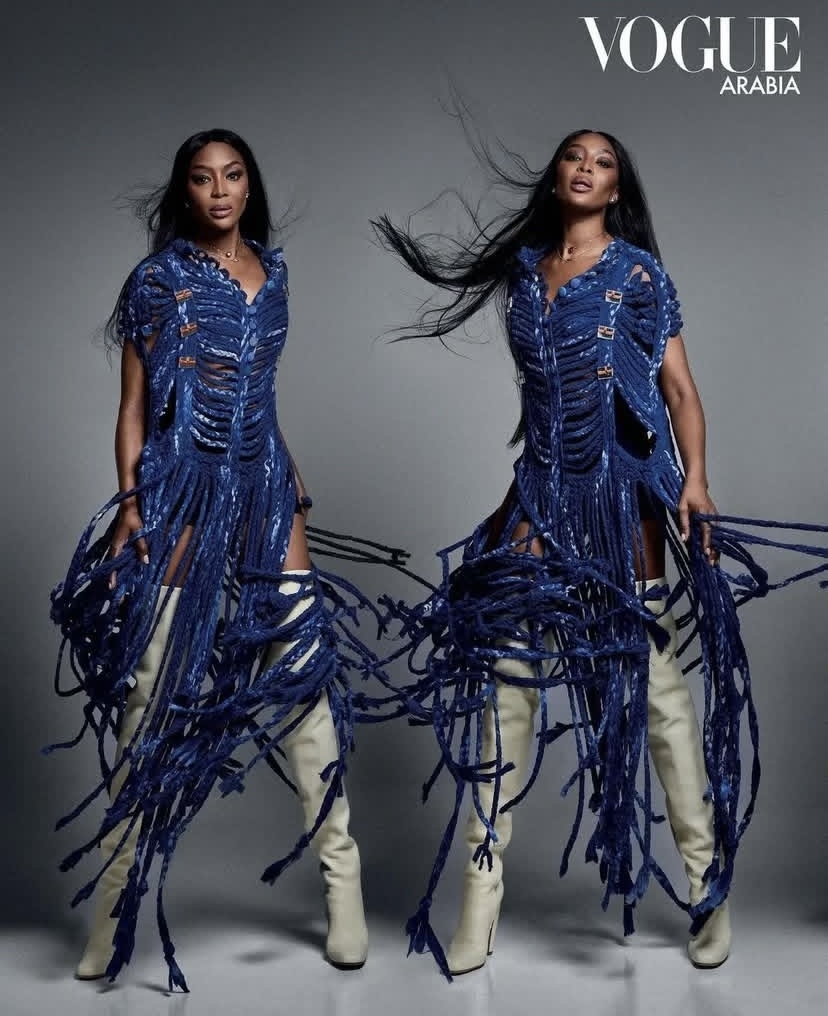
Naomi Campbell in Nkwo
There are other designer like Ugomdi Ogbonna, Mai Atafo, Muri Billions and many other fashion designers have played a significant role in evolving traditional fashion by infusing modern elements into cultural designs. Their innovative approaches have helped bridge the gap between heritage and contemporary trends, creating a fusion that appeals to a wide audience. These designers have shown how traditional craftsmanship and techniques can be reimagined in fresh and exciting ways, preserving cultural heritage while embracing the ever-changing fashion landscape. Their contributions have not only revitalized traditional fashion but also brought it to the forefront of the global fashion scene.
Through the efforts of these designers and many others, Igbo attire continues to evolve, bridging the gap between tradition and contemporary fashion while celebrating the rich cultural heritage of the Igbo people.
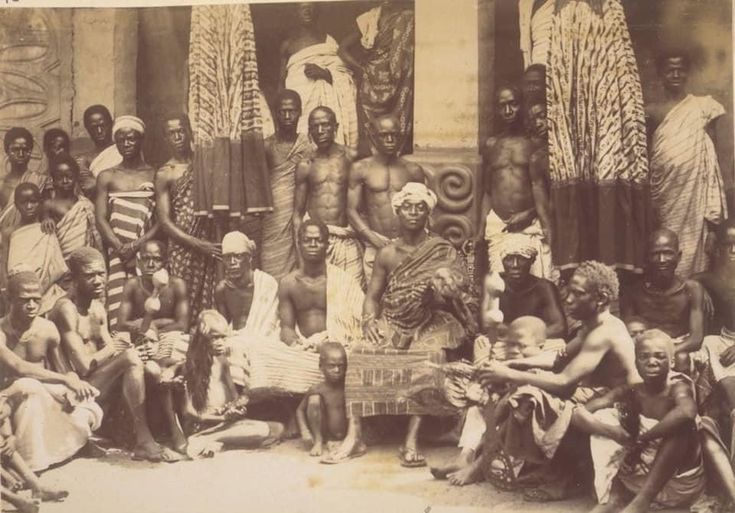
This is beautiful, the fact you talked about Igbo modern fashion designers the likes of ugo monye and co is something worth applauding for. Take your flowers .